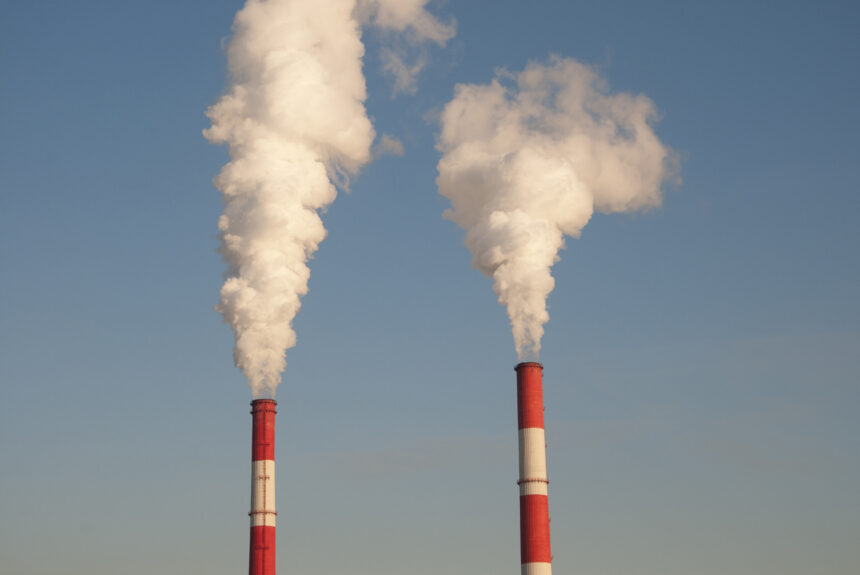From lithium-ion batteries for electric vehicles (EV) to dry lubricants for the automotive and aerospace industries, graphite plays a major role in various high-tech and industrial applications that power our modern world and the American economy. Unfortunately, China produces over three-quarters of the world’s graphite and controls 74% of the total supply chain for graphite anodes, a key component in the development and performance of EV batteries. Chinese graphite dominance presents a challenge for Western countries seeking to diversify their supply chains, especially amid escalating tensions between the United States and China. Now, a new startup is hoping to help American companies wean off Chinese graphite.
>>>READ: What Falling Battery Prices Mean for Clean Energy
Backed by Bill Gates, Molten Industries uses a technique called pyrolysis to turn methane into graphite. The process uses renewable electricity to heat methane –– the primary component of natural gas –– until it decomposes into carbon-neutral graphite and hydrogen. While other pyrolysis companies exist, none are able to deliver lithium ion grade graphite that integrates seamlessly into the current lithium-ion battery anode supply chain. Additionally, the novel method yields clean hydrogen as a byproduct which can be used to decarbonize heavy industries, like chemical, iron and steel production.
If successful at a commercial scale, the innovation could prove to be significant, by reducing dependence on Chinese graphite and establishing a U.S. supply chain. An at-home supply could lower the cost of clean energy sources, increase adaptation of these technologies, and provide a hedge against China’s market dominance, which would bolster investor confidence in the sector. It could also provide an economical and predictable source of this essential mineral to automotive manufacturers, who are still grappling with international supply chain disruptions.
Besides, this approach is far more cost-effective than imposing tariffs on graphite, which would only exacerbate costs and slow the adoption of clean energy technologies.
>>>READ: Could Solid-State Batteries Accelerate Electric Vehicle Adoption?
“Establishing reliable sources of critical materials like graphite is essential to supporting the transition to EVs at scale,” said Carmichael Roberts of Breakthrough Energy Ventures (BEV), Bill Gates’s investment firm focused on developing and accelerating promising clean energy technologies. “Molten has developed a process that not only enables the domestic production of graphite, but also at a lower cost, and while creating a highly valuable hydrogen co-product.”
Similar to its graphite, Molten Industries’ hydrogen will also be competitively priced compared to other suppliers.
“There is a severe pain point in the chemical, steel, and transportation industries to find a clean and economical source of hydrogen as feedstocks for their products. Molten’s methane pyrolysis technology solves this pain point,” Molten Industries’ CTO Caleb Boyd said in a press release.
The clean tech startup runs a facility in West Oakland, California, where it tests its methane pyrolysis technology at pilot scale.
The company just raised $25 million in a Series A funding round led by Breakthrough Energy and backed by Sozo Ventures, Mark Heising, and Steelhead Capital. Molten will use the funding to build an inaugural commercial reactor in Oakland, where it aims to produce 5,000 tons of clean hydrogen and 15,000 tons of drop-in, battery-grade graphite a year. The facility will consist of around 20 modular commercial reactors integrated into an existing chemical or steel plant. The plant is expected to be up and running next year.
Molten Industries’ graphite solution promises a potential pathway for domestic production of this critical resource, a precondition for scaling up battery manufacturing and lowering costs for EVs and other clean tech.
The views and opinions expressed are those of the author’s and do not necessarily reflect the official policy or position of C3.
